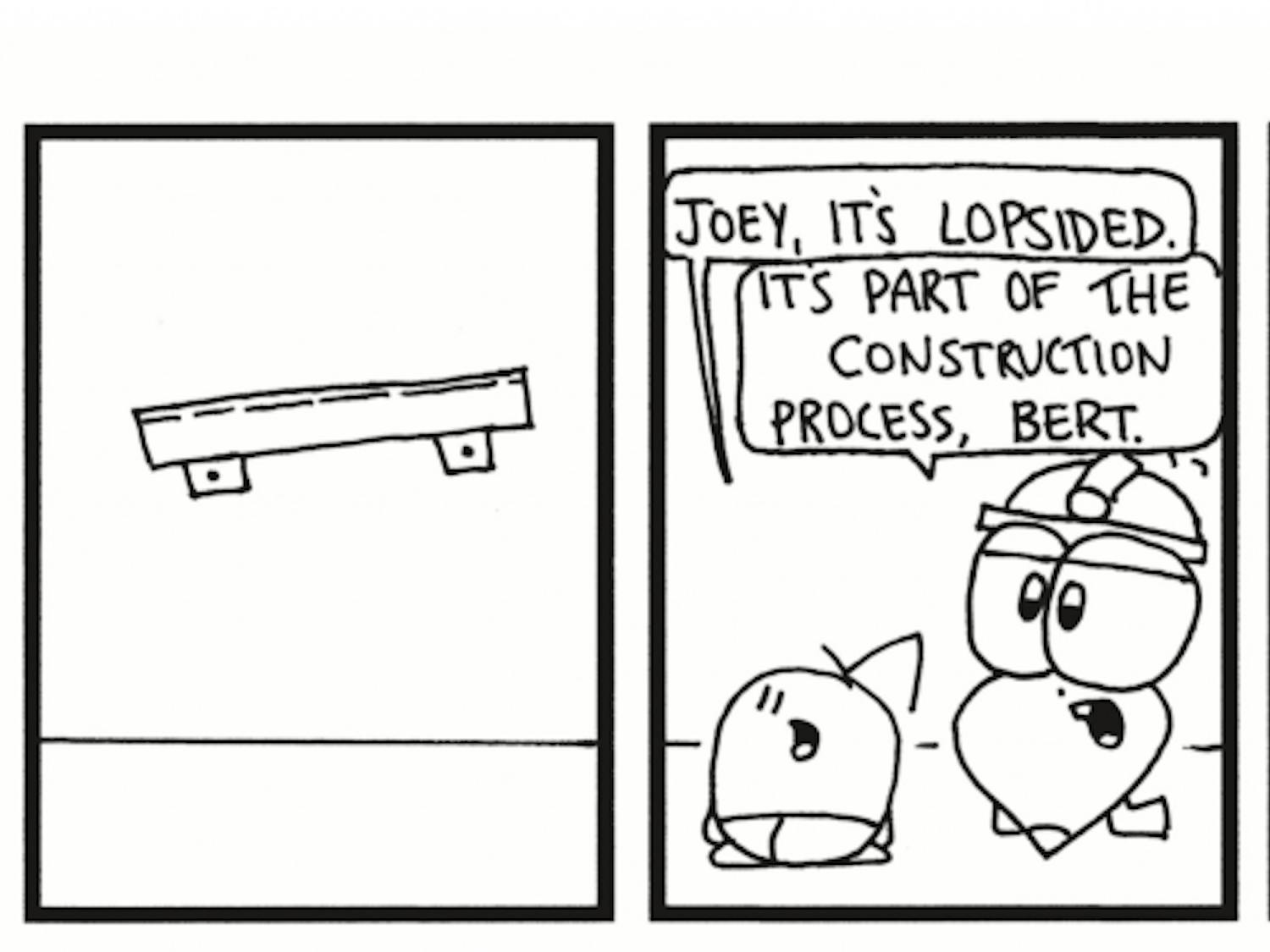OPINION
|
COLUMNS
Jan. 9, 2017
With Inauguration Day just around the corner, I feel appropriate in bringing up the harsh reality of the most recent election — a reality the losers love to force into our ears, and the winners wish we’d all forget: Hillary Clinton won the popular vote by more than 2 million votes. If Clinton won by such a large number, then how did President-elect Donald Trump secure the most desired seat in American politics? You already know the answer: the Electoral College. The Electoral College is like the ice cream machine at McDonald’s: Everyone knows it’s broken, but no one can tell you why or how to fix it, so we all just roll with it. I’m so tired of rolling with something that is confusing, ancient and ruining our country by disproportionately making some votes count less than others. Before you get heated and throw the Opinions section to the ground, just hear me out. Unlike McDonald’s, we can’t take our business to a real restaurant, keeping this presidential to keep it simple), and it’s the fate of our country. Why was the Electoral College first created? Well, two reasons: The first, because our Founding Fathers feared a presidential candidate could get tyrannical by swaying public opinion — which ironically enough is what the presidential campaign has become: a battle between people, not policy. Electors were created to select someone fit for the presidency because the Founding Fathers didn’t believe the population could ever make the right choice. The second, more important reason is because the Founding Fathers didn’t want campaigners to focus solely on the more populous states. They dictated that regardless of population, all states were given three electoral votes to begin with. To understand this, you need to know what’s going on with electoral votes in the first place — please read slowly; it’s about to get wild. The Electoral College is given electoral votes by the total number of representatives in Congress. This is summated from the 100 seats in the Senate — an unchanging number — and the currently held 435 seats in the House of Representatives — which is based on population. That gives us 535 total electoral votes. These votes are then supposedly distributed evenly among the population of the entire U.S. (approximately 324,118,787/ 535 = 605,829) meaning a single electoral vote is given per 605,829 people in the state. If you remember from earlier, the Founding Fathers dictated each state must receive three electoral votes out of the total 535 before considering their population. This means that people who vote in smaller states have an unfair vote compared to those who vote in larger states, like Florida, which has four fewer electoral votes than it should. This is eerily Orwellian for the U.S.: All votes are equal, but some votes are more equal than others. The Electoral College doesn’t even do the most important job it was designed to do. The smaller states always fall in favor of Republicans, so they’re rarely given attention by Democrats. California almost always votes Democrat, so Republicans rarely campaign there. You get the point. Campaigners typically push for four paramount swing states: Ohio, Florida, Pennsylvania and Virginia, and they just skip the small states or go there once to smile and wave. This wouldn’t be a problem if our system wasn’t also winner-take-all: If you win the slightest majority of 50.1 percent, then you get all the electoral votes of a state, excluding Maine and Nebraska. If you do the math, a candidate can win all the small states by 50.1 percent, win the electoral vote by 50.19 percent and lose the popular vote with only 22 percent secured. We should not have a system that allows for the possibility of anyone winning the presidency by only securing 22 percent of all the people who vote. And that is why the Electoral College is wack.




